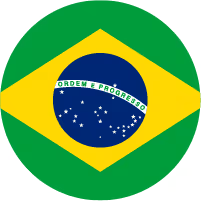What Damages Are Available in a Commercial Litigation Case?
When you file a commercial lawsuit there are a few different types of damages to which you may be entitled. This depends upon the specific facts of your case. Possible damages include monetary (money) damages, consequential damages, and sometimes punitive damages. Litigation damages for attorney fees are uncommon although possible.
As with any civil action, the plaintiff is alleging that the defendant caused some type of harm or wrong. In line with their allegation, the plaintiff must also claim that the proper remedy is monetary damages or equitable relief.
Monetary (money) damages, also known as compensatory damages, help to compensate the injured plaintiff for all of their losses that they incurred due to the actions or inactions of the defendant. Such losses include factors like lost income/lost future earnings, medical bills, and lost business opportunities. Punitive damages, which are much more rare, are monetary damages intended to punish the defendant for an intentional or egregious wrongdoing.
Equitable relief on the other hand is a non-monetary remedy in which the court orders the defendant to do something that was agreed upon or implied within the contract. However, it’s important to note that only a judge – not a jury – can award equitable damages.
And finally, litigation damages are those damages related to attorneys’ fees. To receive litigation damages both parties must have agreed in the contract beforehand to do so. Otherwise attorneys’ fees are generally unavailable. However, a plaintiff may receive litigation damages in a consumer fraud lawsuit.
Who Can Be Held Liable in Commercial Litigation?
A corporation is a business entity made up of individuals called the board of directors. While the board of directors act on behalf of the corporation, the corporation is considered its own legal entity. This means that corporations are treated separately from individuals who run the corporation. For this reason, a corporation or other business entity itself can be sued.
While corporations tend to have more money, if it runs out of money you won’t receive any – even if you win your case. There would be no money to collect. In such a case, people wish to sue a corporate officer or employee personally in order to receive compensation. However, in order to sue an individual behind the corporation certain factors must be present. When the court finds that they are, this is known as “piercing the corporate veil.”
Factors that the court will weigh to determine whether it will pierce the corporate veil include:
- Failing to observe the corporation’s formalities;
- Failing to pay dividends;
- Insufficient capitalization for corporate undertaking;
- Non-functioning of other officers/directors;
- Corporations that exist only as a facade for an individual;
- A dominant shareholder has siphoned funds;
- Insolvency of debtor corporation at the time that the transaction occurred;
- Failure to maintain corporate records; and
- Non-functioning of other directors or officers.
In order to pierce the corporate veil and hold an individual liable, the court must also find there to be an element of unfairness and injustice. In other words, all of the facts of the case must indicate a basic level of inequitable behavior.
The only other situations in which an individual can be held responsible for the acts of a business entity include when: (1) An individual signs a personal guaranty (personally guaranteeing repayment of debt); or (2) When an individual represents themselves as an agent of the company.
What Does a Commercial Litigation Attorney Do?
A commercial litigation attorney represents the best interest of a company in a dispute. Their job is to protect and defend the rights of the company by fighting for the best outcome in litigation.
Whether you are seeking legal action against another company or are looking to be represented in a related action, it’s in your best interest to consult with a commercial lawyer. A commercial lawyer will analyze your case and collect the proper evidence necessary to understand what would be in your best interest and how to proceed. Regardless of whether they are helping you to file a court lawsuit or to settle out of court, they will have many responsibilities, which may include:
- Evaluating your case
- Drafting any necessary motions or pleadings
- Responding to any of the other party’s complaints
- Conducting discovery of the relevant evidence
- Negotiating with the opposing party during the settlement phase
- Preparing other necessary documents for court
- Formulating the proper strategy for your case
- Presenting your case in court
- Filing any necessary appeals
Because there is much potential overlap with other areas of law, commercial litigation requires both extensive knowledge of business law as well as the other subtopics of law. Unfortunately, most commercial lawyers don’t usually have experience in all of the necessary areas of litigation relevant to your case. That’s why it’s so important to find a commercial lawyer who has proven experience essential to your issues.

.avif)

















.avif)


